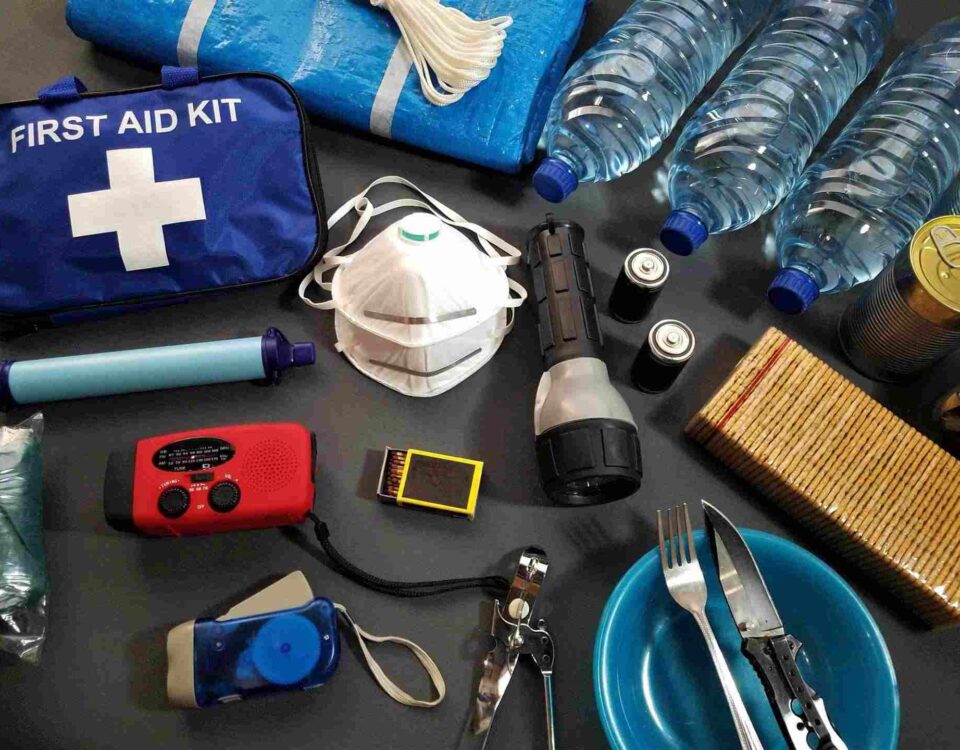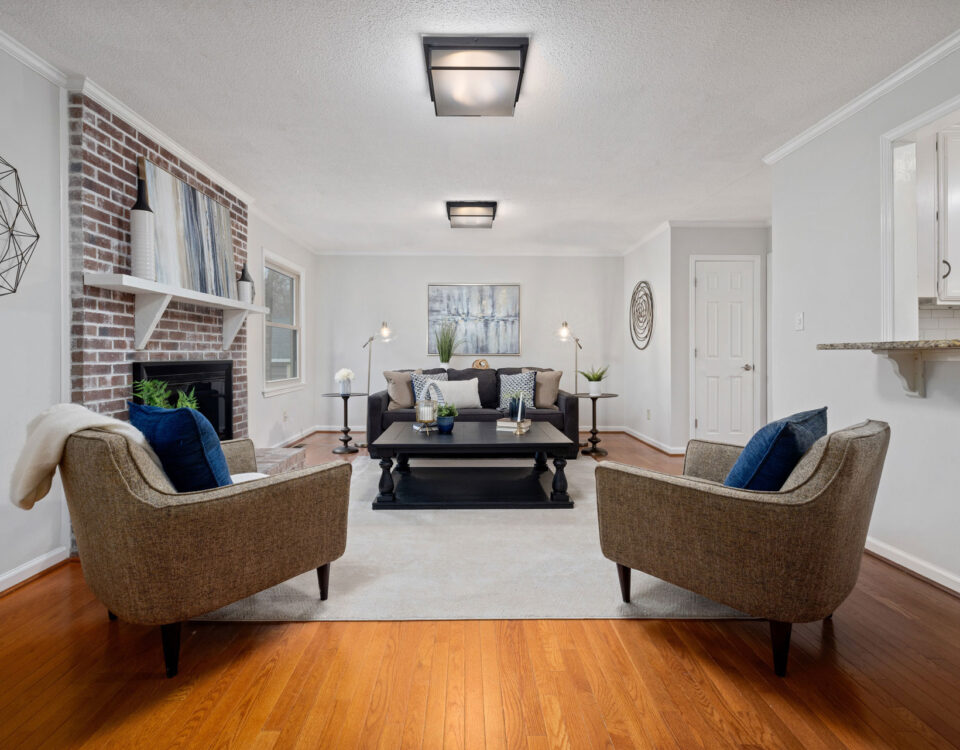Luxury Home Insurance

What Makes a Luxury Home?
March 24, 2023
Common Home Management Mistakes
May 10, 2023
For most of us, a house is the biggest investment of our lives, so it makes sense to purchase the right kind of homeowner’s insurance to protect that investment. This is especially true if you own a high-value home.
High-value home insurance will help protect you from financial losses in the event of an accident, disaster, burglary, or other unfortunate occurrence. It’s not pleasant to think about losing your belongings to a robbery or losing your home to a fire, but it’s wise to protect yourself and your investment with the right kind of insurance, and not all homeowner’s insurance is created equal.
Do I Need High-Value Home Insurance?
While it’s wise to have a home insurance policy no matter how much your house is worth, there are certain questions you need to ask yourself to determine if you need high-value home insurance.
While home prices vary from region to region, most insurance companies consider a house valued at $750,000 or more to be a high-value home. This figure is based on the replacement cost of the home, which is how much it would cost to rebuild the house, from the frame to the appliances.
In addition to the replacement value of the house itself, other factors play a role in determining if you need high-value home insurance. Do you have expensive items in your home, such as jewelry, art, or antiques? Are you concerned about liability coverage if someone gets injured on your property? These factors, in addition to the value of the home itself, can play a role in determining if you need high-value home insurance.
What Are the Key Benefits of High-value Home Insurance?
Replacement cost coverage
Standard insurance policies will cover property at actual cash value, meaning the value of the house at its current depreciated value. So, if you lose your house in a fire, your insurance will only reimburse you for the current market value.
High value policy plans, on the other hand, have an agreed replacement cost guarantee option that covers the full cost of rebuilding the property, no matter what the damage is. So, if you do need to rebuild from scratch, you’re covered.

Better umbrella liability coverage
If your home is large or has many outdoor features, like a pool, basketball court, tennis court, or large yard, the risk that someone could get hurt on your property is higher. And, of course, if someone does get injured at our home, you’d be liable. High-value policies offer higher coverage for personal liability, medical payments, and loss. Some policies even offer defense against slander, libel, and defamation.
Additional coverage
Unlike standard coverage, high-value insurance policies will have higher coverage limits for living costs in the case that your home needs to be restored. You’ll find comfort knowing that your insurance will cover your stay in a quality hotel or home rental comparable to the standard of living that you’re accustomed to. Some high-value insurance policies even provide coverage for ransom, kidnapping, or legal defense fees.

How Much Coverage Do You Need?
High-value insurance policies typically start at a minimum of $750k in coverage cost. In the worst-case scenario, you want to be covered for a full reconstruction of your home. A good starting point would be the amount of money you spent on your home. You’ll also want to factor in inflation and any modifications you’ve made to the home since you bought it.
Here are a few more things to consider in order to help you come up with a ballpark figure:
Create an inventory of expensive items in your home, such as jewelry, antiques, art, etc.
Know the features in your home that are expensive to replace, such as a fireplace, decorative windows, exterior trims.
Look for potential sources of liability, such as pets, a pool, a tennis court, and the like.
Get familiar with the price of building materials like plaster, hardwood floors, etc.
Know your neighborhood.
Be aware of the kind of natural disasters that occur near your home. Is the area prone to tornados, earthquakes, or hurricanes, for example?
Where Can I Get a Quote?
Once you decide you need high-value home insurance, the next step is to get a quote, or an estimate of how much your homeowner’s policy would cost based on the information that you provide about your home. The insurancecompany may ask questions about who lives in your house, what improvements you’ve made, and what your home security looks like. This information will help them to generate an estimate. Every insurer will have a different price and levels of coverage, so it is smart to collect as many estimates you can to get the best deal.
There are many websites that make it easy for you to compare quotes. Check these out:
When comparing insurance companies, you’ll also want to look at reviews. Be sure to look for excellent customer service, bundling features (like Home+Auto policies), the company’s financial strength, and overall customer satisfaction.
Homeowners need insurance. You simply have to protect your assets, especially if you live in a high-value home. So speak with a home management agent or an insurance agent today.
Photo Credits:
- "Home Owner's Insurance" by moore.owen38 is licensed under CC BY 2.0.
- "McCormick Mansion, Cantigny Park, Wheaton" by StevenM_61 is licensed under CC BY-NC-ND 2.0.




